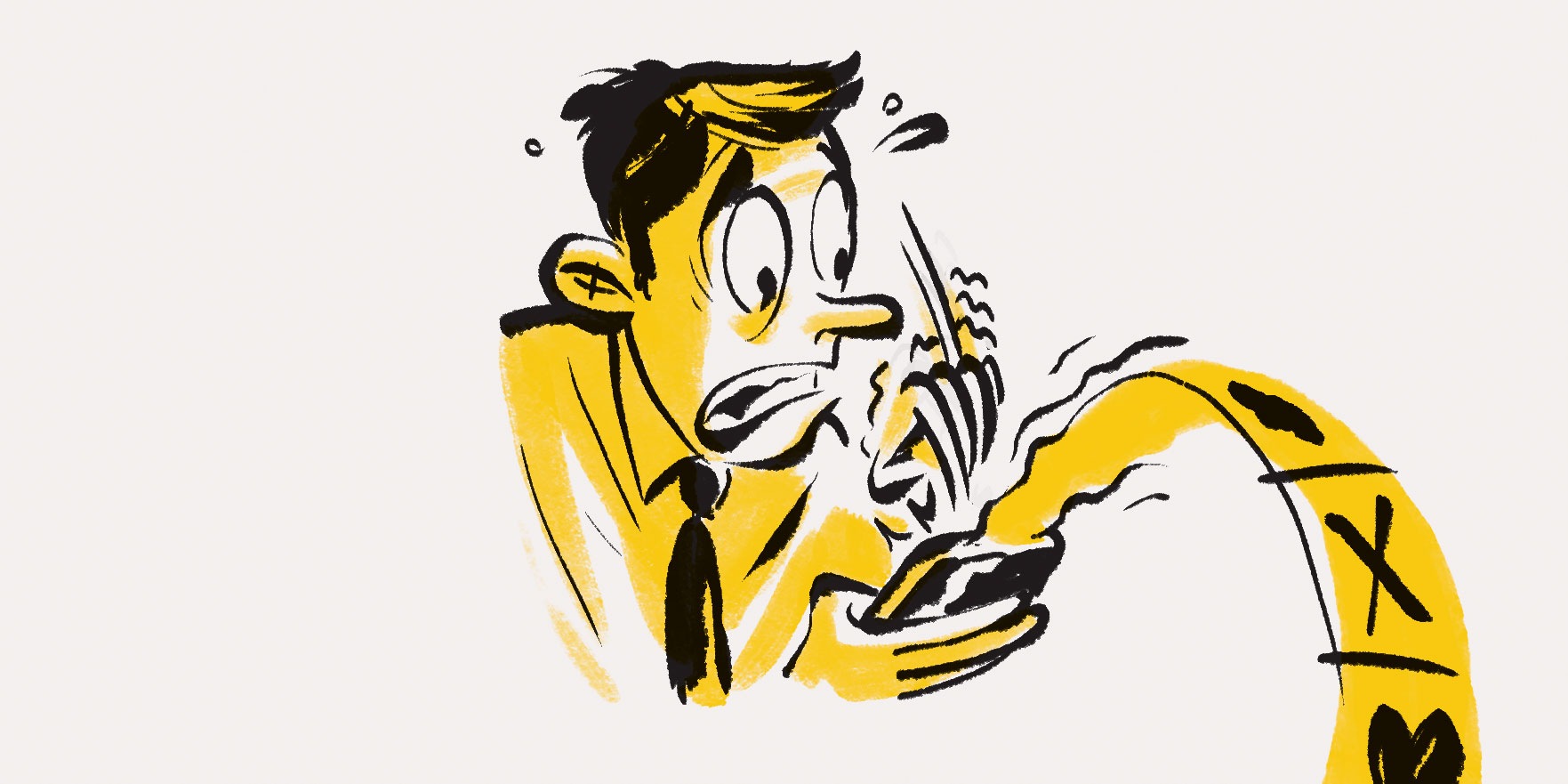RIO DE JANEIRO, BRAZIL – (Opinion) I don`t know about you but the first thing I normally do each morning is to pick my cell phone off the night table and scan the world news. After the dystopian nightmare I had last night, I`m determined to stop that.
In my dream, I was paddling like mad but losing the battle to stay afloat in a turbulent ocean of Google data I recognized as the answers to millions of queries about the Covid19 epidemic lockdown, Trump and Bolsonaro`s outrages and the rise of authoritarianism around the world.
As I desperately tried to stop being pulled under by the weight of the repetition of all the screaming `breaking news` headlines, much of which I recognized as breaking yesterday or the day before, I woke up in a sweat.

Determined not to have another scary nightmare like that again, this gringo began to speculate what life might be like if we could break the breaking news addiction, if not totally `cold turkey` as Alcoholic Anonymous would recommend, then perhaps at least to limit ourselves to a single daily dose of TV, internet or published news?
It’s admittedly hard to do, especially so long as we are confined to our homes and searching for glimmers of hope for early escape and suffering distance from our normal human social contacts. It’s easy to become dangerously addicted to the latest news as a replacement and time- filler.
“There is robust evidence that social isolation and loneliness significantly increase risk for premature mortality, and the magnitude of the risk exceeds that of many leading health indicators,” wrote Dr. Julianne Holt-Lunstad, a professor of psychology and neuroscience at Brigham Young University.
Will anything in our daily lives be really different if we don’t know right away that Brazil’s justice minister, Sergio Moro resigned his powerful government position as an act of principle or that Donald Trump lies as usual when he makes his absurd and dangerous suggestion that Injecting bleach or highly concentrated rubbing alcohol might be a cure or preventive for the virus, was just ‘sarcastic’ and playing a trick on reporters?
The more we are invited (or compelled) to listen to the talking heads filling the 24 hour news cycle, the more we lose perspective. Addiction is right around the corner.
We allow ourselves to be assaulted by Trumpian arrogance: “I have the right to do whatever I want as president” and Bolsonaro’s broken mirror reflection of it; “I don’t need to ask for permission from anyone to replace a director or anyone else,”
Do any of us really need to know this in real time?
Many years ago at a luncheon at the London headquarters of ‘The Economist’, its publisher was asked why the circulation of the featherweight (albeit expensive) airmail edition of the magazine in the US was so low when affluent subscribers could obviously afford to pay the additional premium to get their copies just days after publication instead of waiting for the regular edition to cross the ocean by boat?

Desirous of the answer to that question, research had been commissioned. The result was that subscribers said they liked the more than a week which passed between publication and receipt because it served an ‘editing function’; it allowed them to skip over the transient (‘breaking’) news and read material that had survived the test of time.
The isolation caused by this dangerous virus has led many of us to the brink of breaking news addiction. My advice: be careful not to get hooked.

